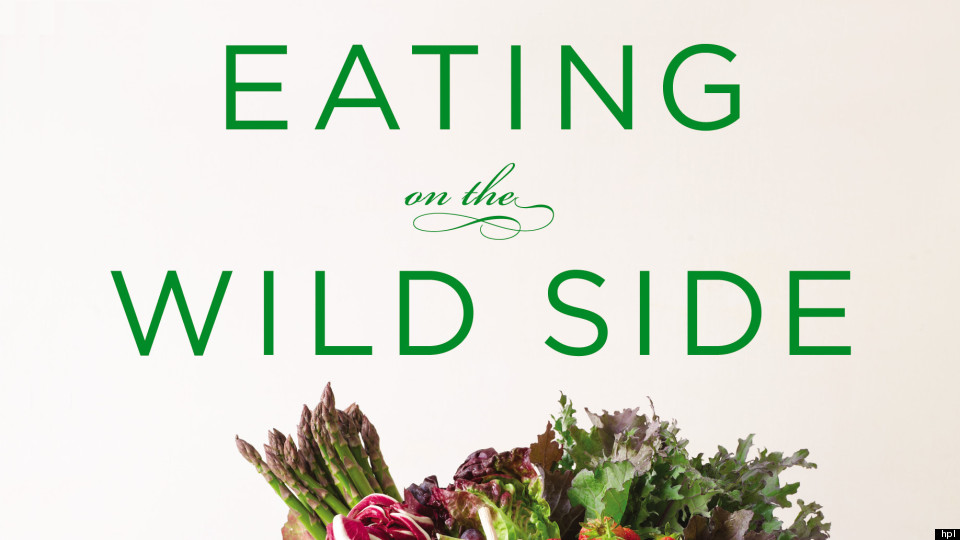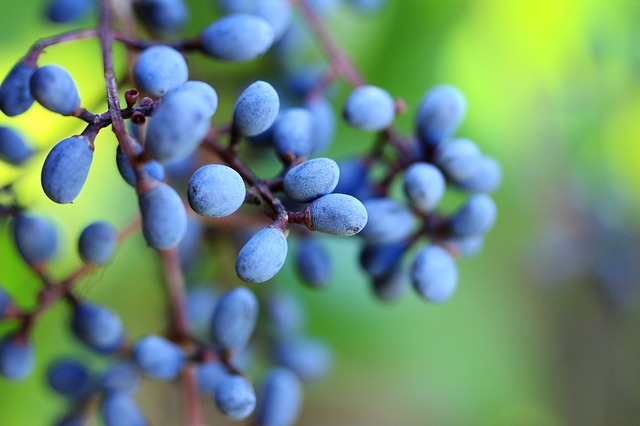The Missing Link to Optimum Health.
I read a lot of books about health and nutrition--the good, the bad, and the ugly. This one is a gem. My absolute favorite from last year.

In fact, Eating on the Wild Side by Jo Robinson, contains more practical wisdom and surprises about food than any book I've read since Omnivore's Dilemma.
Robinson hits the sweet spot between solid research and book-to-table simplicity. Her shopping tips, humor, and fascinating anthropological nuggets are exactly what choosy omnivores are looking for in a guide to the new slow-food revolution. Robinson's thesis is simple: the closer a fruit or veggie is to its ancient ancestor, the healthier it is likely to be. Nearly all our attempts to beat nature at her own game with modern hybrids and GMO have backfired. We have made fruits and veggies that are bigger, softer, sweeter, shinier, and hardier than ever before, but also much lower in phytonutrients than ever before. Wild varieties tend to be much more nutrient-dense.
Denaturing Nature
I think it's clear by now, that humans need all the nutrient density they can get. This makes sense when you think about the concentrations of phytonutrients our ancestors were exposed to in wild plants for thousands of generations before dilute hybrids and GMOs took over. Our nutritional needs were forged in the slow fires of adaptation. We became dependent on plants as they were then, not as they are now. Our genes have simply not kept pace with the rapid innovations in the food supply.
Robinson argues that we've gotten really good at producing calories, and not so good at producing nutrition.
We've gotten really good at producing calories, and not so good at producing nutrition.
Consequently, some of the plumpest and juiciest foods in the produce isle today will make you fat long before they can deliver enough phytonutrients to make you fit. Robinson cites new research indicating that some varieties of apples, for example, have gone from being potent medicine to little more than juicy balloons of sugar:
To the researchers’ surprise, the men who had eaten an apple a day had higher levels of triglycerides and LDL cholesterol than they had at the beginning of the study, giving them an increased risk of heart attack and stroke. As the investigators puzzled over this finding, they concluded that the results had to do with the variety of apple they had chosen for the study. The Golden Delicious, they discovered, was too low in phytonutrients to lower the men’s cholesterol and so high in sugar that it raised their triglycerides. The results of this study have a direct bearing on the health of Americans, because the sweet and juicy Golden Delicious is one of our most popular apples. The universal health advice to “eat more fruits and vegetables” is woefully out of date. We need good advice on which fruits and vegetables to eat.
Apparently, an apple a day will only keep the doctor away, if it's not a poison apple.
Celebrating Wildness
Robinson teaches you how to celebrate the vestiges of wildness that are still available to us. She gives you step by step instruction on how to be a shrewd and efficient customer, where to shop, what questions to ask, what varietals to look for, how to prepare and store them for optimal nutritional punch, and so on.

If you want the food you purchase to deeply nourish you, to heal you, to bring abundance back into your life, then get this book. Read it. Underline it. Photocopy the incredibly useful tables at the end of each chapter and take them with you to the supermarket, or better yet, to the farmer's market. Just get started. And let me know what happens. Whether your journey into food as medicine is just beginning, or is decades old, I'm excited for you. I can't wait to hear about the world of flavor and fitness you discover after reading Jo Robinson's book.
Yours in Health and Resilience,
What to Read Next:
- The Top 12 Superfoods of IFM: Why We Love This Stuff.
